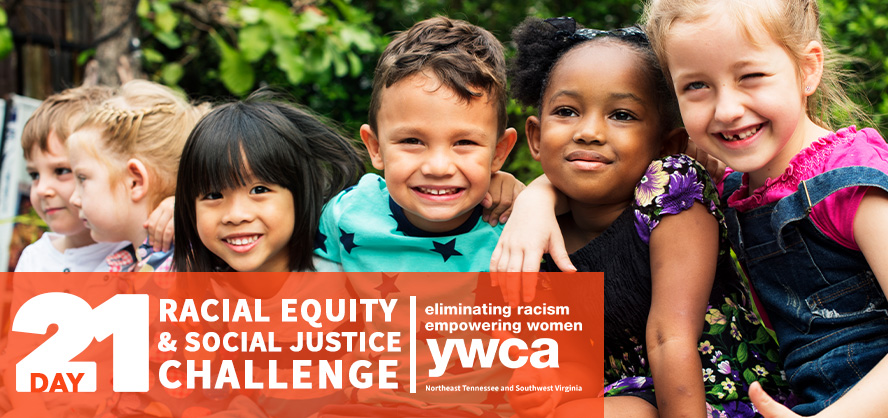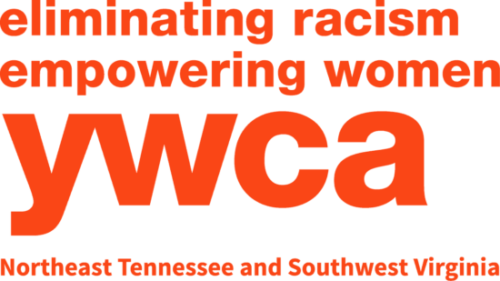21 Day Challenge

WEEK 1: CRIMINAL JUSTICE REFORM
Welcome to Week 1 of The Challenge! Bias within the criminal justice system is not a new phenomenon, however, in recent years, the massive impact of these biases on communities of color has been highlighted in the media, creating a national movement around criminal justice reform.
Day 1: POLICING
Today we will learn about the damaging and often fatal effects of bias and over-policing.
Stanford University researchers found that black and Latino drivers were stopped more often than white drivers, based on less evidence of wrongdoing. Read this study to uncover the extent of this evidence, which is driven by racial bias. https://www.nbcnews.com/news/us-news/inside-100-million-police-traffic-stops-new-evidence-racial-bias-n980556
Day 2: RACIAL DISPARITIES IN INCARCERATION
In this animated interview, the sociologist Bruce Western explains the current inevitability of prison for certain demographics of young black men and how it's become a normal life event. "We've chosen the response of the deprivation of liberty for a historically aggrieved group, whose liberty in the United States was never firmly established to begin with," Western says. In The Atlantic's October 2015 cover story, Ta-Nehisi Coates explores the impact of mass incarceration on the black family.
Watch this video on mass incarceration to understand how for certain demographics of young black men, the current inevitability of prison has become a sort-of normal life event. https://www.theatlantic.com/video/index/404890/prison-inherited-trait/
Day 3: TENNESSEE & VIRGINIA
Today we will take a deep dive into the multitude of policies that keep Tennessee and Virginia residents tied up in the criminal justice system at an alarming rate.
TN: https://www.prisonpolicy.org/profiles/TN.html
VA: https://www.prisonpolicy.org/profiles/VA.html
Day 4: WOMEN IN PRISON
Over the past 30 years, the trend of confining more women to federal, state and local correction facilities has exploded at an increase of 700%. Today we will discuss how anecdotal and antiquated healthcare policies, harsher disciplinary consequences and unmet needs, while incarcerated and post-release, perpetuates a cycle of generational imprisonment, poverty and trauma for women and families.
A recent study of 22 U.S. state prison systems and all U.S. federal prisons, found that roughly 3.8% of the women in their sample were pregnant when they entered prison. Read this article to see how prisons neglect pregnant women in their healthcare policies. https://www.prisonpolicy.org/blog/2019/12/05/pregnancy/
Information from The Tennessean about anti-shackling proposed policy for pregnant inmates: https://www.tennessean.com/story/opinion/2019/02/19/tennessee-women-shouldnt-shackled-if-pregnant-and-incarcerated/2910927002/
Day 5: AFTER PRISON
Life after prison can often be just as difficult as time spent behind bars. Most former convicts struggle with culture shock, mental health issues, disenfranchisement, unemployment and a whole host of other problems upon release. Today we will learn more about some of those issues and the struggle the formerly incarcerated face when trying to re-engage in society.
Maryam Henderson-Uloho was convicted of obstruction of justice; she was sentenced to 25 years in a Louisiana prison. When she was released she felt dehumanized. Watch the incredible story of how she turned her life around – and continues to support other female ex-offenders. https://www.youtube.com/watch?v=HLsB60p_FW8
Here is an article about how unemployment amid coronavirus affects people of color more harshly: https://www.americanprogress.org/issues/race/news/2020/04/14/483125/economic-fallout-coronavirus-people-color/
Incarceration and unemployment in Memphis: https://www.bizjournals.com/memphis/news/2015/12/04/growth-in-felony-convictions-hampers-memphis.html
The YWCA NETN and SWVA works every day to address the issues of racism and social injustice affecting underserved people in our local area. We offer working parents affordable, quality childcare and after school care in a racially anti-biased environment. We provide services and assistance to victims of domestic abuse, dating violence and bullying. Through our programming we are able to address many of the issues which are also national problems.
YW CARES is here to walk with victims of crime through the criminal justice and legal systems. We know that talking to the police and going to court can be daunting tasks, and advocates are here to help from start to finish. Advocates are with survivors when they talk with law enforcement to report a crime, coordinate referrals to legal services, help file important paperwork such as orders of protection, and attend court with survivors. YW CARES is here to ensure that no young adult survivor of crime has to navigate the criminal justice system alone.
YW CARES provides advocacy and support to any young adult, age 17-24, in Sullivan County, who has ever been the victim of a crime and is available 24 hours a day every day for its clients. We Respond after hours and on weekends to victims of all ages in the community. The hotline number is: 423-956-2300 and the Website is www.ywcares.org
